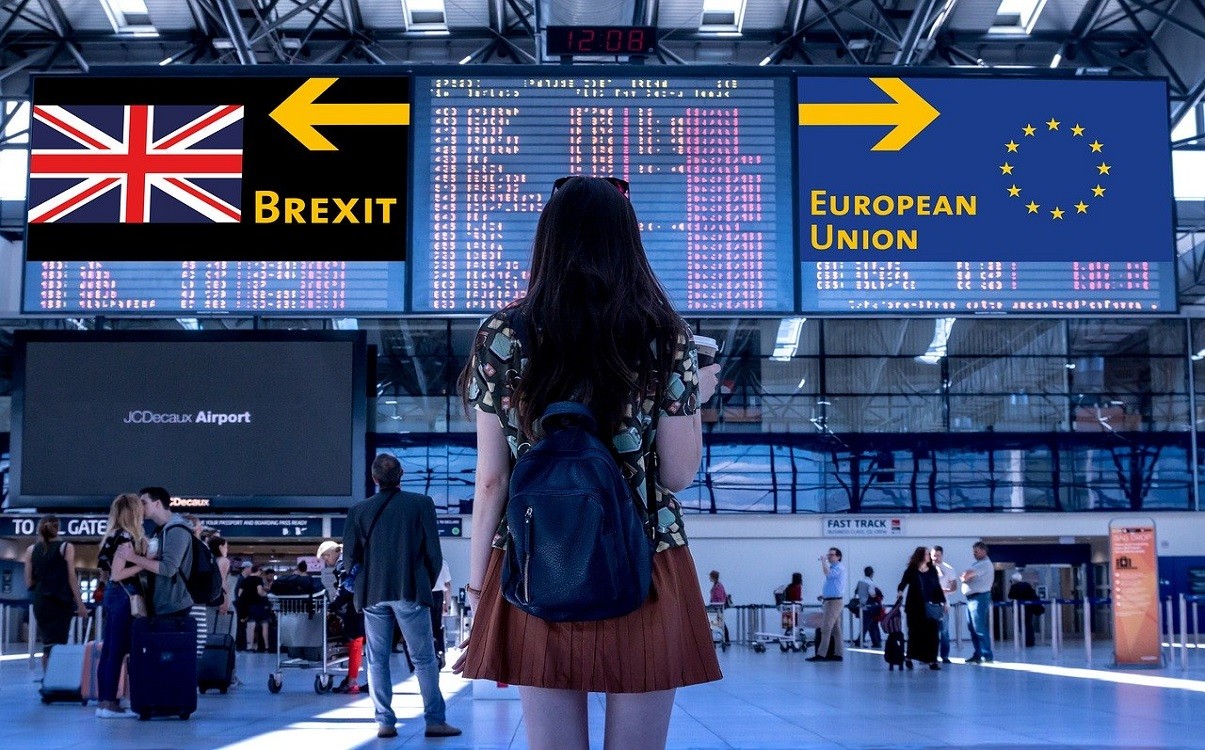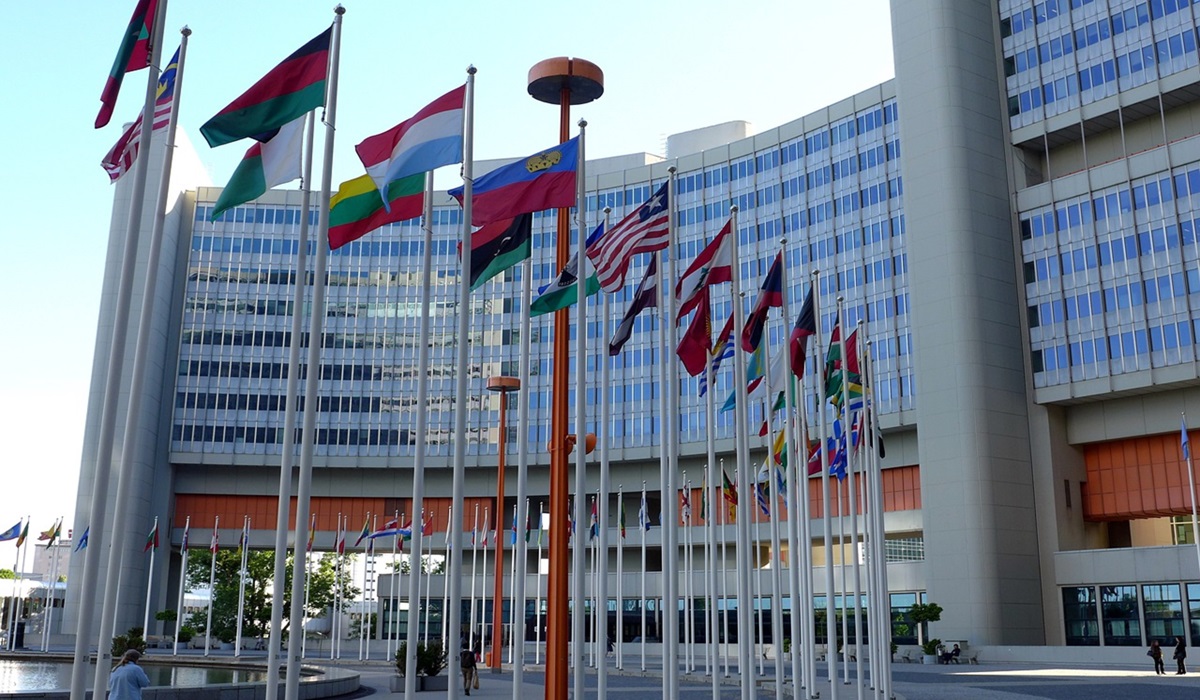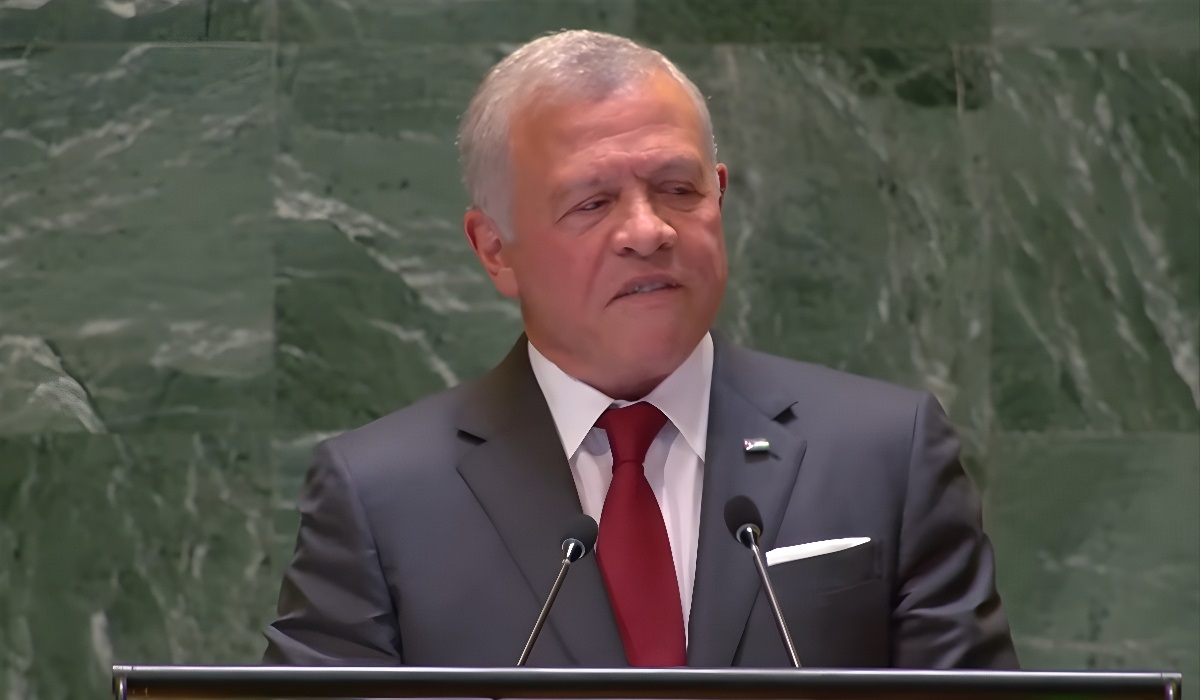The Ministers for European Affairs of Denmark, Finland, France and Sweden met in Copenhagen on 31 January 2020 to discuss their shared European priorities as well as their commitment to building a strong and effective Europe. On the day of the British exit from the European Union, the ministers expressed their regret while respecting the sovereign decision of the United Kingdom. They confirmed their determination to work towards a deep, comprehensive and balanced future relationship with the UK that ensures a level playing field.
The discussions highlighted many issues of common interest as well as a wish to work more closely together in order to deliver tangible results that meet citizens’ expectations:
Denmark, Finland, France and Sweden share a strong wish for the European Union to be at the forefront of the fight against climate change and for the EU to step up its efforts to achieve climate neutrality by 2050 and enhance its climate objectives for 2030. The ministers emphasized that this should include mainstreaming climate action in all relevant European policies and instruments, especially in the future Multiannual Financial Framework (MFF), which should devote at least 25 % of all spending to climate action. The transition to climate neutrality must take place in a way that preserves and even enhances the EU’s competitiveness.
Ministers highlighted the necessity for the EU to come to a timely agreement on the future MFF.
The ministers emphasized the importance of the EU’s core values of freedom, democracy and the rule of law, and stressed the need to strengthen the EU’s ability to prevent and respond to rule of law violations. This should include a mechanism aimed at protecting the EU budget from rule of law deficiencies; maintaining the ongoing Article 7 procedures until concerns are sufficiently addressed, and strengthening the annual rule of law dialogue.
The four ministers highlighted the need to do more to promote the fight against social dumping, social exclusion and working poor in Europe while fully and unequivocally respecting national models, which are essential for social cohesion in Member States. This is necessary to achieve a level playing field within the single market and to promote sustainable growth.
The ministers reiterated their support for the European perspective of the Western Balkan countries. They acknowledged the need to make the accession process more effective and credible. It should be grounded on a conditionality based approach and respect for the rule of law should be at the forefront of the requirements throughout the process.
The ministers committed to strengthening their dialogue with a view to bringing the European Union forward.









